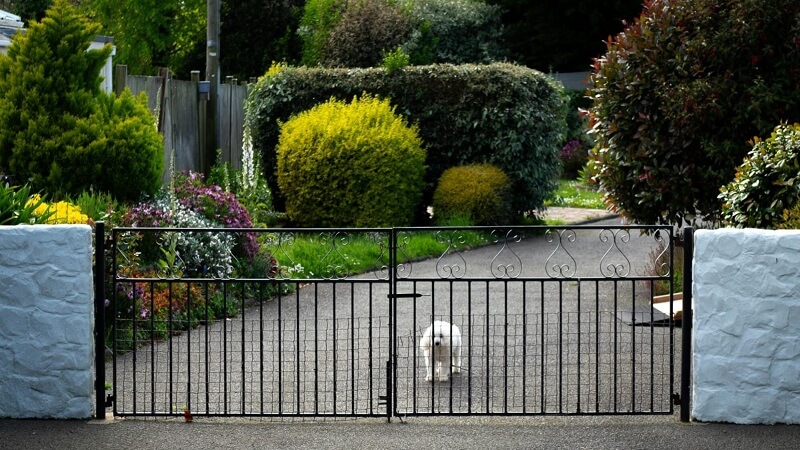Automatic gates make life easier. They offer security, convenience, and better property access.
Spotting early signs of trouble helps avoid bigger and more expensive problems. Don’t wait until it stops working completely.
Keep an eye out for the common issues below and take action when needed.
The Gate Moves Slowly or Unevenly
If the gate moves slower than usual or doesn’t open all the way, there could be a problem. Uneven movement might mean the track is blocked or the motor is struggling.
Dirt and debris can also cause delays. If it’s been raining, moisture could be affecting the sensors. A damaged hinge or rail can lead to jerky or unstable motion. Ignoring this early warning sign can lead to full system failure.
Unusual Noises During Operation
Automatic gates normally make a soft motor sound when they open or close. Grinding, squeaking, or banging noises are not normal. These sounds could mean parts are loose or the motor is under stress.
Old lubrication or worn gears can also be the cause. Sounds that get worse over time should not be ignored. It might be time for gate repair before the issue spreads.
The Remote or Keypad Stops Working
When your remote or keypad suddenly fails, it can point to more than just a dead battery. The receiver might be faulty. Worn-out wiring or electrical issues may also be at fault.
If other electronics near the gate are affected too, the power supply may need checking. If resetting doesn’t help, the gate system may need service. It’s better to address this before full access is lost.
The Gate Stops Midway
If the gate opens and then gets stuck, the problem could be mechanical or electrical. Faulty sensors may be detecting false obstacles. The motor might overheat and stop to protect itself.
Sometimes, misaligned tracks prevent full movement. Keep the gate area clear to avoid blockage. If the issue happens often, it’s a sign that something needs fixing.
Physical Damage or Rust
Dents, bends, and visible wear can affect the gate’s performance. Rust can spread quickly and weaken the structure. Broken hinges or panels can strain the motor.
Damage may also cause alignment problems. Fixing physical issues early prevents worse problems. Regular inspection helps catch these before they turn serious.
Inconsistent Sensor Response
Gate sensors play a key role in safety and automation. If the gate doesn’t stop when something is in its path, it’s a risk. Sometimes, sensors get dirty or misaligned.
Extreme weather can also affect their accuracy. If cleaning doesn’t help, the sensors might need recalibration. Don’t delay if safety functions start failing.
You Should Know When Your Automatic Gate Needs Repair
Automatic gates work best when they are checked and maintained regularly. Listen for unusual sounds, test your remote, and watch how the gate moves.
If something seems off, call a technician early. It’s safer and more affordable to handle repairs before the system breaks down completely.
We’ve got more ideas to share – check out the blog anytime.

